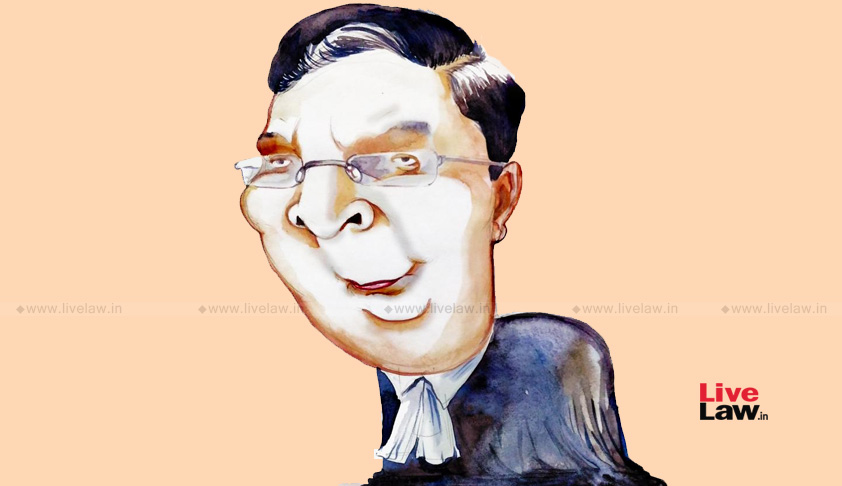- Home
- /
- Top Stories
- /
- Important Judgments Of Justice...
Important Judgments Of Justice Dipak Misra
Ashok Kini
3 Oct 2018 12:24 PM IST
Tuesday Justice Dipak Misra turns 65 and it was his last day as a Supreme Court judge. The nephew of former CJI Justice Ranganath Misra, Justice Dipak Misra started his practice in Orissa High Court and later became its judge in 1996. After serving as judge of Madhya Pradesh High Court for a long time, he was appointed as Chief Justice of the Patna High Court, and later as Chief Justice of...
Next Story



